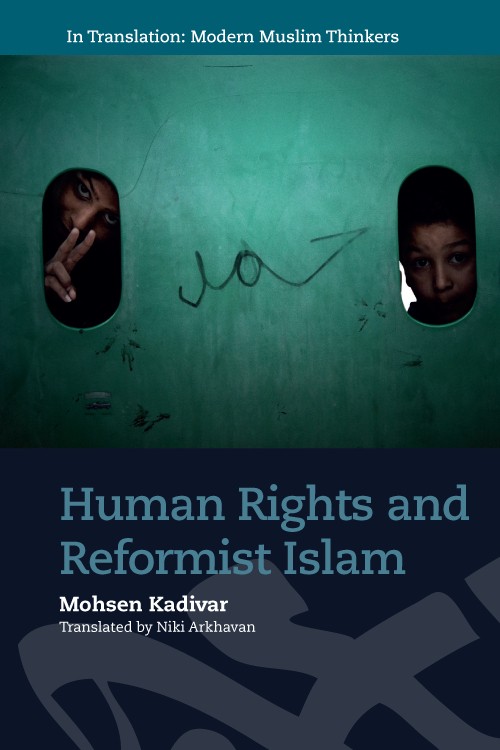By Mohsen Kadivar (NHC Fellow, 2019–20)

Edinburgh, UK: Edinburgh University Press, 2021
From the publisher’s description:
Human Rights and Reformist Islam critiques traditional Islamic approaches to the question of compatibility between human rights and Islam, and argues instead for their reconciliation from the perspective of a reformist Islam. The book focuses on six controversial case studies: religious discrimination; gender discrimination; slavery; freedom of religion; punishment of apostasy; and arbitrary or harsh punishments.
Explaining the strengths of structural ijtihad, Mohsen Kadivar’s approach is based on the rational classification of Islamic teachings as temporal or permanent on the one hand, and four criteria of being Islamic on the other: reasonableness, justice, morality and efficiency. In the book, all of the verses and Hadith that are problematic in relation to human rights are abrogated rationally according to these criteria. The result is a powerful, solutions-based argument based on reformist Islam – providing a scholarly bridge between modernity and Islamic tradition in relation to human rights.
Subjects
Religion / Law / Islam / Islamic Philosophy / Human Rights / Justice / Punishment /Kadivar, Mohsen (NHC Fellow, 2019–20). Human Rights and Reformist Islam. In Translation: Modern Muslim Thinkers. Edinburgh, UK: Edinburgh University Press, 2021.